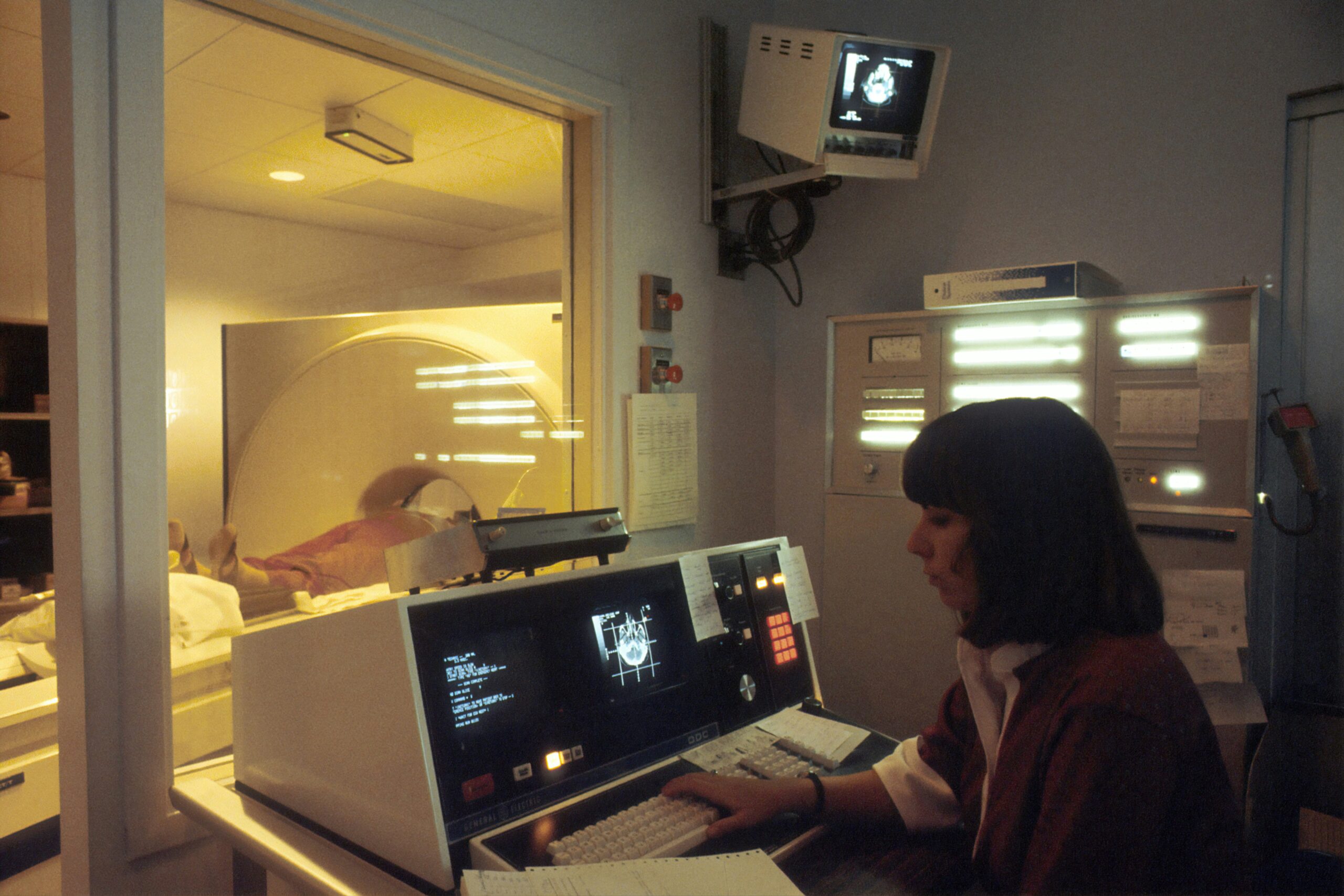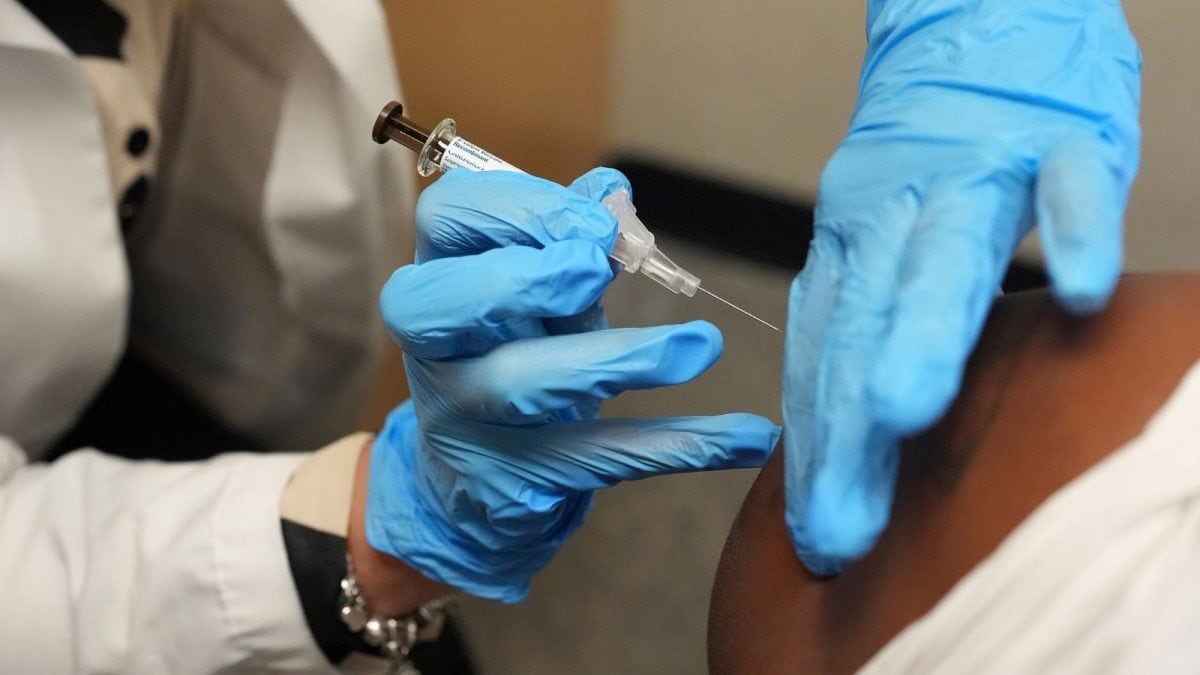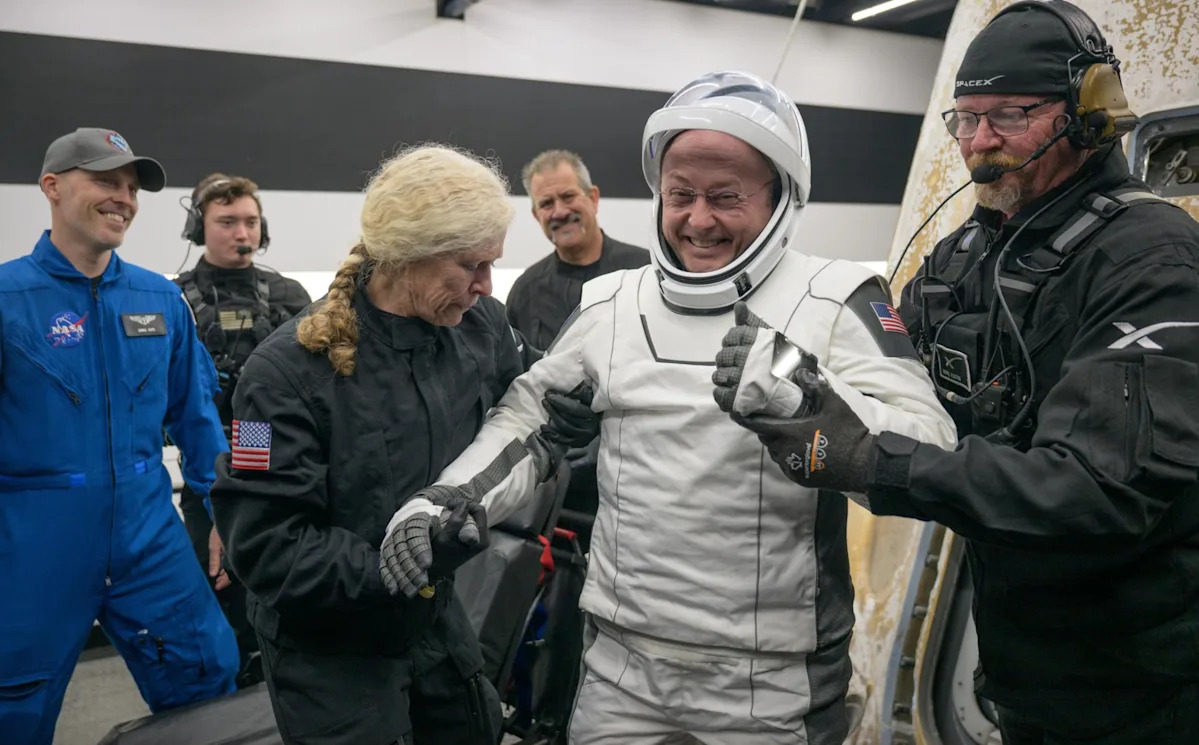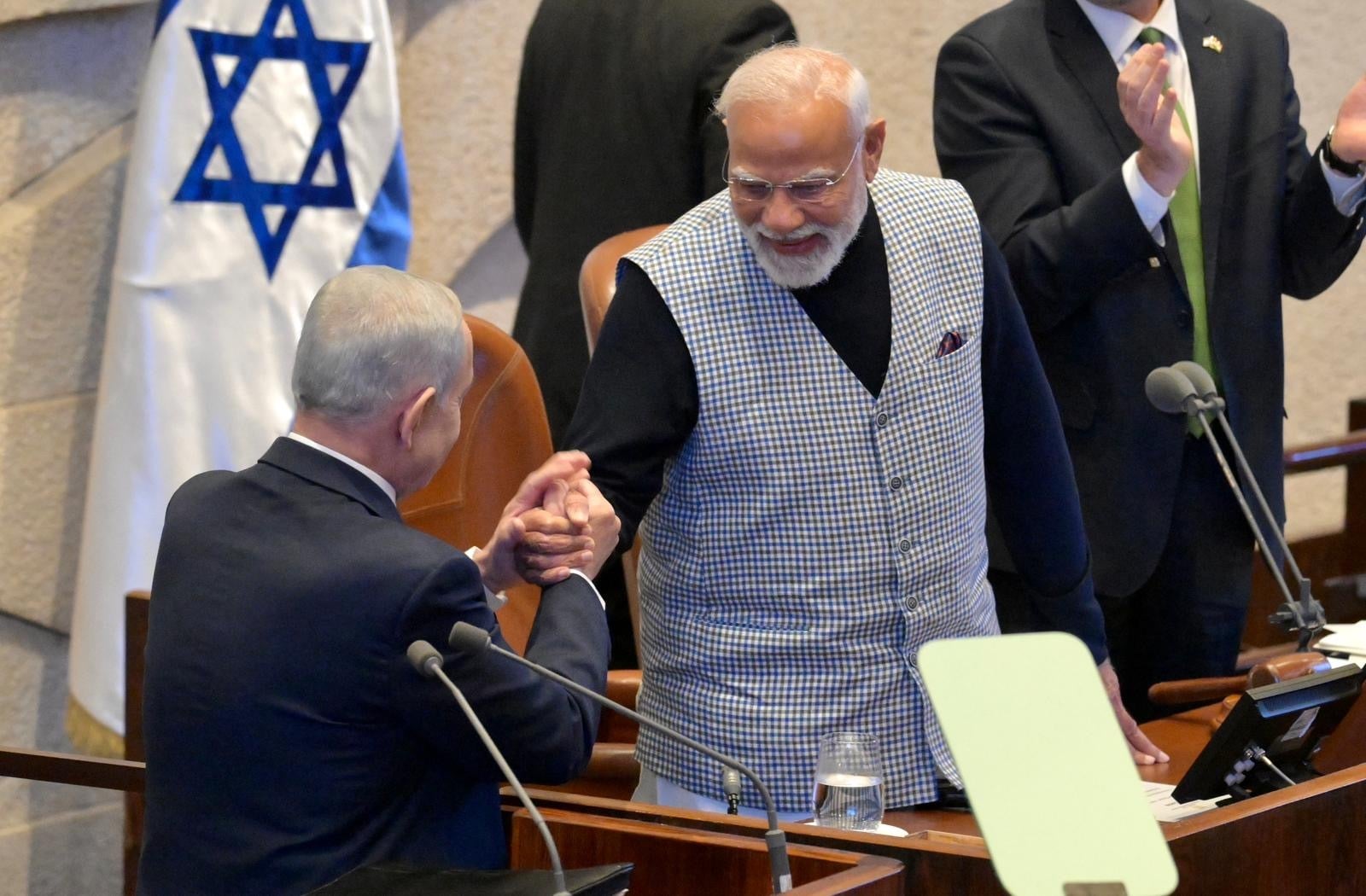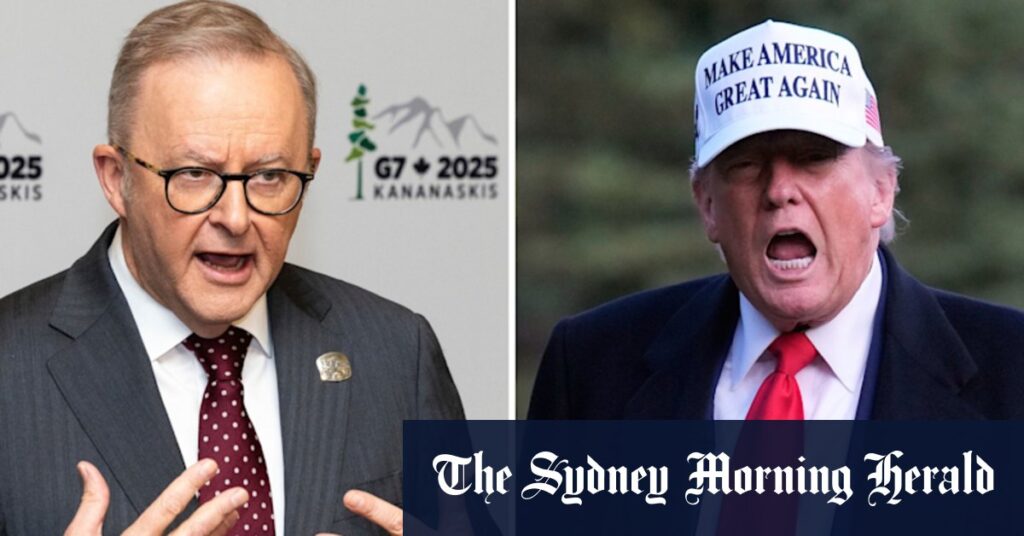
Australian Prime Minister Anthony Albanese has indicated a possible meeting with former U.S. President Donald Trump during an upcoming gathering of world leaders in India. This potential encounter arises as Albanese defends Australia’s defense spending, highlighting its transparency compared to other nations.
Albanese remains the sole leader of the Quad group—which includes India, the U.S., Japan, and Australia—yet to meet Trump in person. The Australian Prime Minister is under pressure from the White House to align with NATO’s defense spending benchmarks, which suggest increasing military expenditure to at least 3.5% of the nation’s GDP.
Background and Current Dynamics
Despite having spoken with Trump on three separate occasions, Albanese has not had the opportunity for a face-to-face meeting. A planned meeting at the recent G7 summit in Canada was thwarted when Trump abruptly returned to Washington to address escalating tensions in the Middle East.
In an interview with ABC’s Afternoon Briefing, Albanese expressed his readiness to meet Trump, stating, “when a suitable time can be organised.” The upcoming Quad meeting, scheduled in the coming months, presents a viable opportunity for this encounter.
Defense Spending Under Scrutiny
The call for increased defense spending comes amid a broader international debate on military budgets. NATO has consistently urged member countries to allocate a minimum of 2% of their GDP to defense, with some advocating for even higher percentages in response to global security challenges.
Australia’s current defense spending is approximately 2.1% of its GDP. The push to raise this figure to 3.5% aligns with a growing trend among Western nations to bolster military capabilities in the face of evolving threats.
“Australia’s defense budget is one of the most transparent globally, ensuring accountability and strategic allocation of resources,” Albanese remarked, underscoring the nation’s commitment to responsible spending.
Expert Opinions and Historical Context
Defense analysts suggest that the pressure on Australia to increase its defense budget reflects a broader geopolitical shift. Dr. Emily Hawthorne, a senior analyst at Stratfor, notes, “The Indo-Pacific region is becoming a focal point for strategic military interests, and Australia’s role is pivotal.”
Historically, Australia has maintained a robust alliance with the United States, a relationship that has been a cornerstone of its defense strategy. The potential meeting between Albanese and Trump could serve to reinforce this alliance, especially in light of recent global developments.
Implications and Future Prospects
The potential meeting in India is not just a diplomatic formality but a strategic dialogue that could shape future defense collaborations. With the Quad group increasingly seen as a counterbalance to China’s influence in the region, the discussions between Albanese and Trump could have significant implications for regional security dynamics.
As the world watches, the outcome of these discussions could influence defense policies and international relations in the Indo-Pacific region. The meeting, if it occurs, will likely focus on strengthening ties and addressing mutual concerns over security and economic stability.
In conclusion, the anticipated meeting between Anthony Albanese and Donald Trump in India represents more than just a diplomatic engagement; it is a critical juncture for Australia as it navigates complex international pressures and seeks to assert its role on the global stage.

